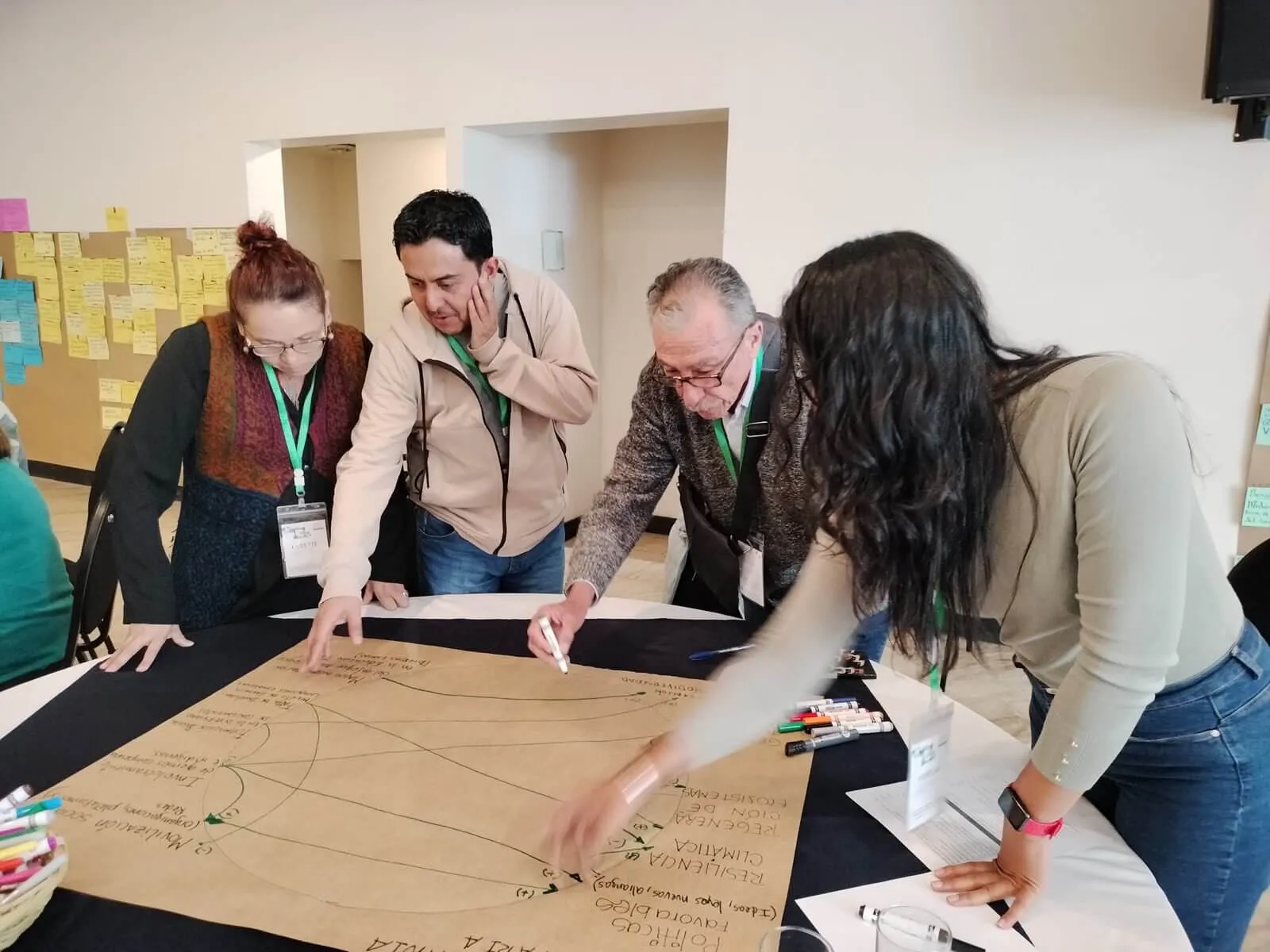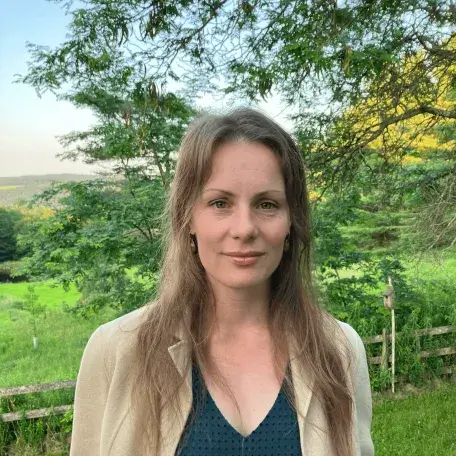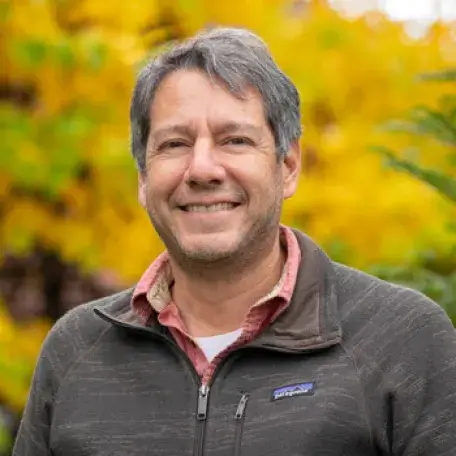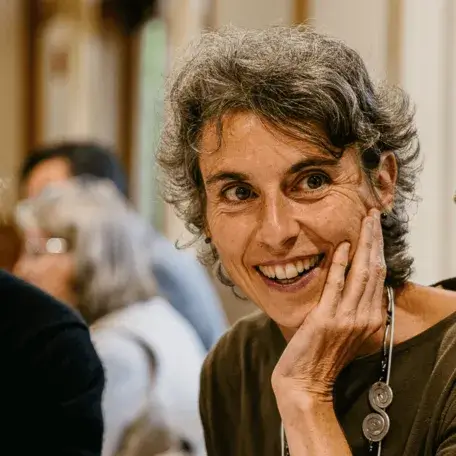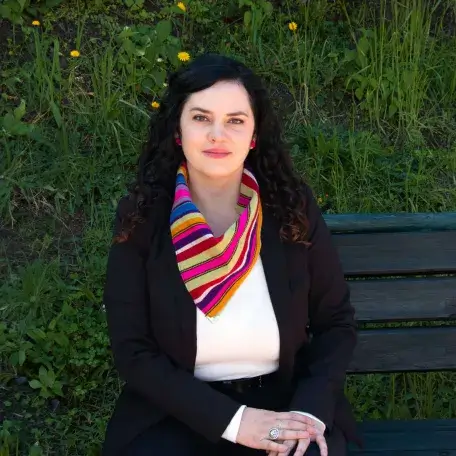Overview | Researchers | Publications
Moving towards sustainable and just food systems requires the engagement of all us. Rather than pushing a technical solution decided by a small group of experts, agroecology cultivates the processes of co-creation of knowledge. It recognizes that each territory has its needs and the people living there are experts. It therefore combines the plurality of experiences to co-create the knowledge necessary for the transition. This plurality is transdisciplinary, meaning that it includes multiple academic disciplines as well as local, experiential and multi-generational knowledge. There are lessons to learn from each process of knowledge co-creation and we wish to collect and pass them on to foster and enrich other transitions for food-system transformation.
Overview
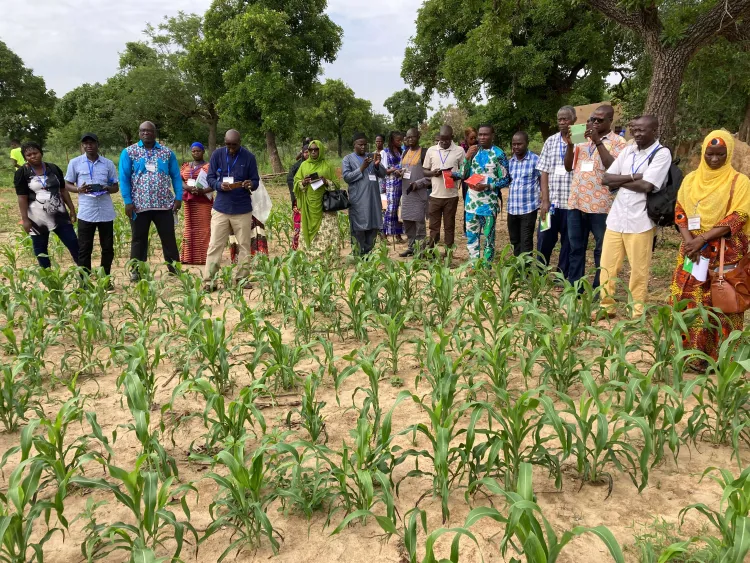
The co-creation of knowledge in agroecological processes is one of the most important tenets to achieve more ecologically sound and socially just food systems. Knowledge that is place-based, transdisciplinary, critical, and open-access is considered critical to agroecology, an approach to sustainable agriculture premised on blending ecological science with farmers’ traditional and experiential knowledge (Bezner Kerr et al., 2023; HLPE, 2019; Méndez et al., 2015). Further, knowledge for sustainable food system transition requires different forms of knowledge that can be engendered through participatory action research and farmer-centered approaches, including farmer-to-farmer methods and farmer research networks (Méndez et al., 2017; Richardson et al., 2021; Utter et al., 2021). While the concept of “knowledge co-creation” is widely used, there is limited empirical research about the challenges, opportunities, and lessons learned in agroecological co-creation processes. This study focuses on the processes of co-creation of knowledge in agroecology within farmer research networks, and similar initiatives, which support agroecological transitions in smallholder farming contexts. To understand these knowledge co-creation processes, we will seek to answer the overarching questions guiding this research:
- In what ways do farmer-centered research projects and smallholder farmer research networks (FRNs), and other similar initiatives, understand and engage in knowledge co-creation in agroecology processes?
- What agroecology principles are manifest/upheld through the co-creation of knowledge in farmer research networks and other similar initiatives?
- How is the co-creation of agroecological knowledge nested within historical, socio-political-ecological, and scalar contexts and relationships?
As part of the project outcomes, we will be able to:
- Discuss and compare how the co-creation of knowledge in agroecology is understood by different actors in different geographies and contexts.
- Discuss impacts that various approaches to knowledge co-creation have had in agroecology research, practice, and policy/movements.
- Describe the challenges and opportunities associated with the co-creation of knowledge in agroecology.
- Draw lessons learned from these cases and share them with those engaged in agroecology and food systems transformations at the local, national and global scales.

Methodology
Our proposed research approach includes a literature review on co-creation of knowledge in agroecology, desk-review of project documents, key informant interviews, listening sessions, and workshops using various co-creative and participatory approaches. We seek to develop collaborative relationships with agroecology project stakeholders, to refine the questions and research design, do data collection and reflection, and intended outcomes.
Researchers
Postdoctoral Associate
Research Associate Professor, Agriculture, Landscape, and Environment • Co-Director, Institute for Agroecology • Affiliate, Gund Institute for Environment
Colin.Anderson@uvm.eduPostdoctoral Associate, Institute for Agroecology
Amaya.Carrasco@uvm.eduKey Terms
Publications
Publications
Publications
Co-creation of knowledge in the research work of the West Africa Community of Practice
Bucini, G. and Baker, E. (2025, November). Co-creation of knowledge in the research work of the West Africa Community of Practice. UVM Institute for Agroecology. Download PDF (English) (French)
Knowledge democratization approaches for food systems transformation
Brock, Samara, Lauren Baker, Amanda Jekums, Faris Ahmed, Margarita Fernandez, Maywa Montenegro de Wit, Francisco J. Rosado-May, V. Ernesto Méndez, Colin R. Anderson, Fabrice DeClerck, Molly D. Anderson, Rachel Bezner Kerr, Brendan Hoare, Hannah Wittman, Amaury Peeters, Peter Gubbels, Cerasela Stancu, Stéphane Bellon, Jonathan G. Lundgren, Swati Renduchintala, Vijay Thallam, Jane Maland Cady, and Paul Rogé | May 9, 2024 | Download Attachment
Nature Food. DOI: 10.1038/s43016-024-00966-3.
Co-creation of knowledge in agroecology
Alisha Utter, Alissa White, V. Ernesto Méndez and Katlyn Morris | November 9, 2021 |
Elementa: Science of the Anthropocene 9 (1): 10.1525/elementa.2021.00026. https://doi.org/10.1525/elementa.2021.00026
Building agroecology with people. Challenges of participatory methods to deepen on the agroecological transition in different contexts
López-García, D., Cuéllar-Padilla, M., de Azevedo Olival, A., Laranjeira, N. P., Méndez, V. E., Peredo y Parada, S., . . . Tendero-Acín, G. | Download PDF
Journal of Rural Studies 83: 257-267. doi: https://doi.org/10.1016/j.jrurstud.2021.02.003
